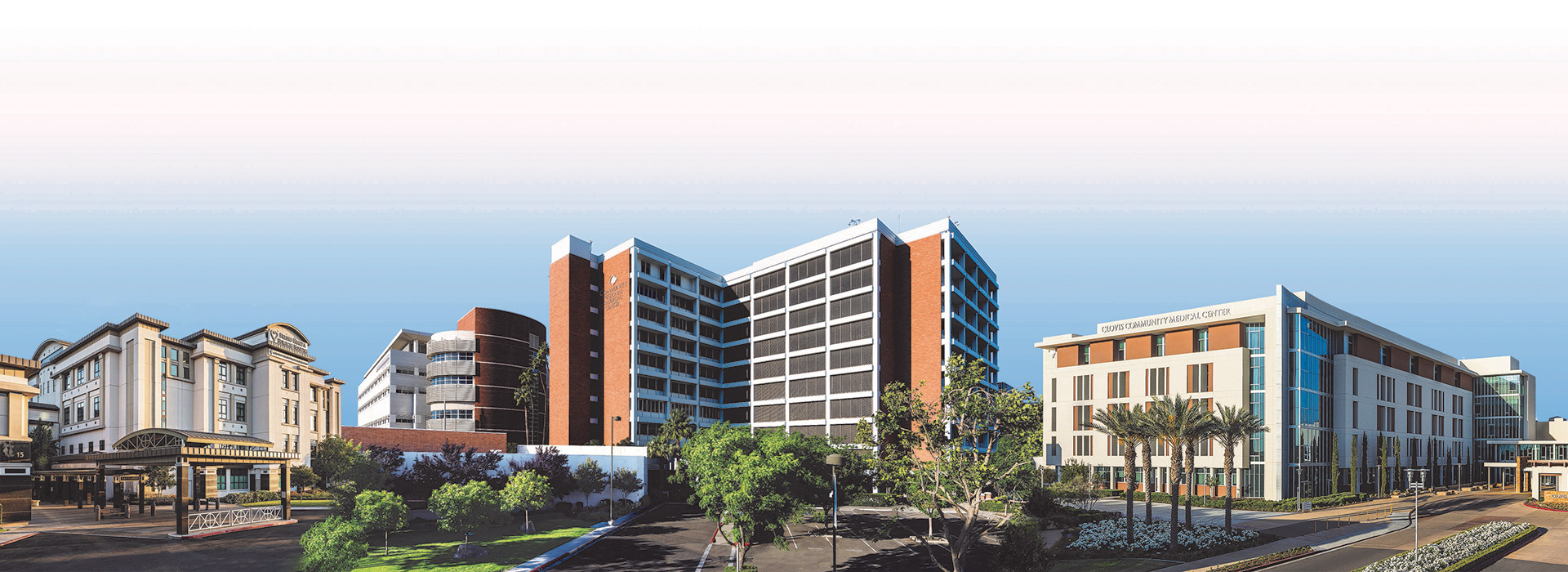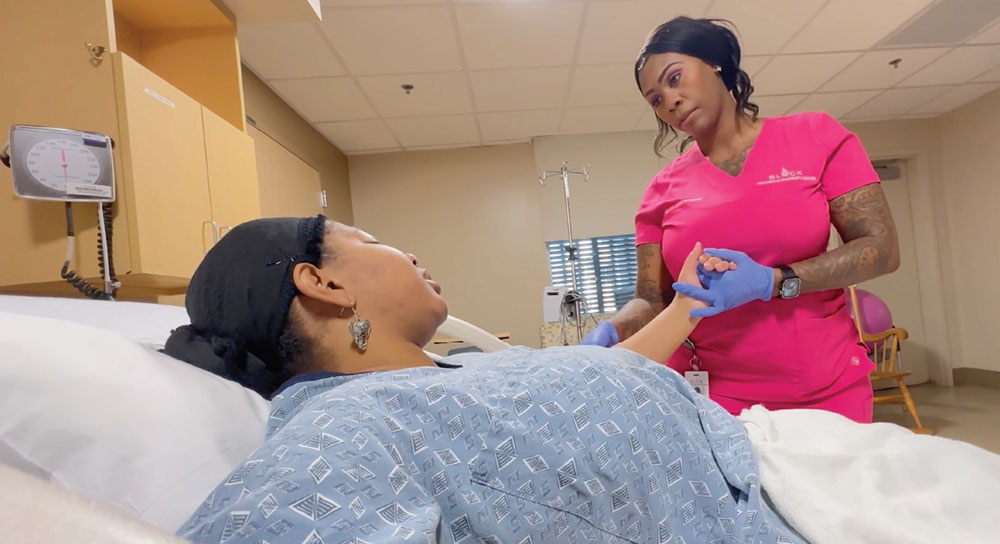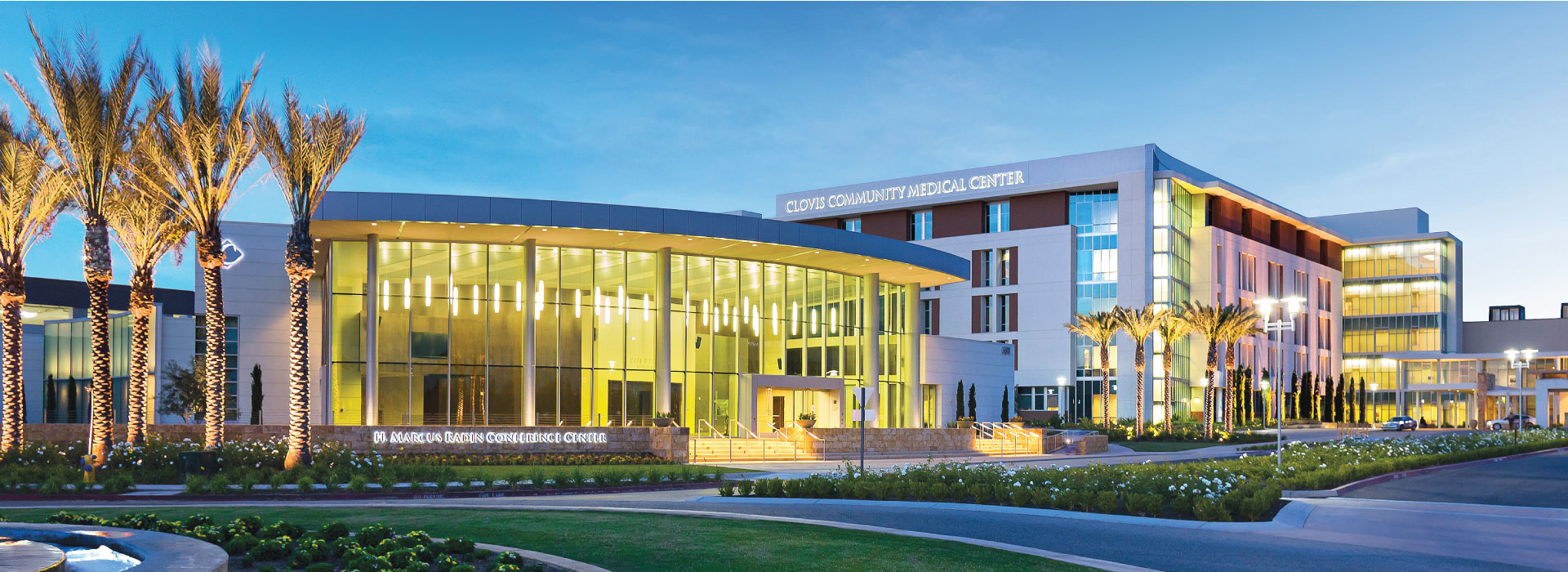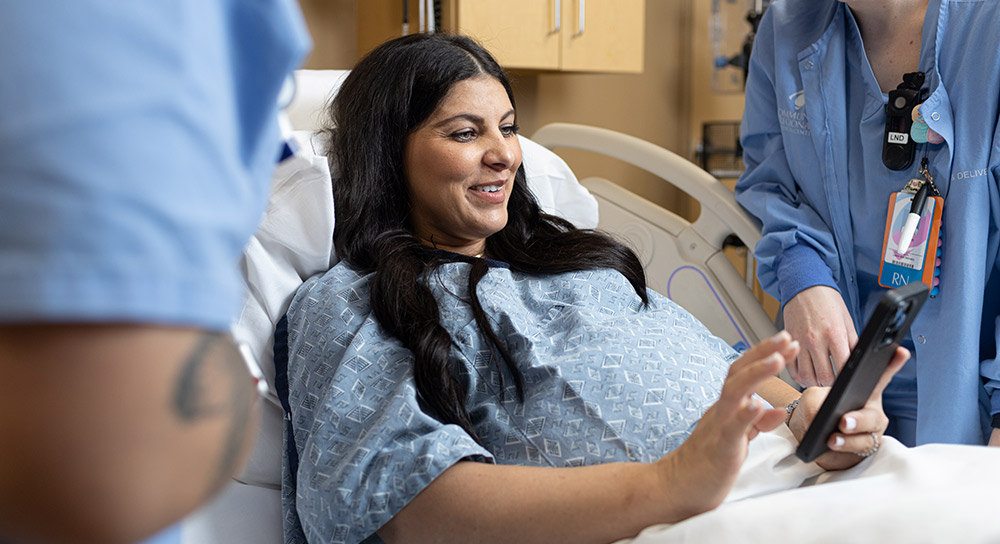 In the past 10 years, Dr. Susanne Spano ran, bicycled, fished, hiked, camped, snowshoed, skied, paddled and backpacked in 35 of the 50 states in the United States. Dr. Spano, native to Fresno, is the only wilderness medicine fellow in the Central Valley.
In the past 10 years, Dr. Susanne Spano ran, bicycled, fished, hiked, camped, snowshoed, skied, paddled and backpacked in 35 of the 50 states in the United States. Dr. Spano, native to Fresno, is the only wilderness medicine fellow in the Central Valley.
As a physician in the Community Regional Medical Center emergency department, she teaches residents through the UCSF Fresno Medical Education Program.
UCSF Fresno’s wilderness medicine fellowship program began in August 2008 and is the only place in the United States to train parkmedics. The training encompasses the study of environmentally caused diseases such as high-altitude illness, exposure illness, knowledge of poisonous plants, ramifications of encountering insects and snakes and tropical medicine. To gain hands-on experience, Dr. Spano takes the residents for three-day intensive wilderness medicine training in nearby national parks.
“Wilderness medicine employs the imagination to create improvisations for medical equipment,” she said. “You can’t take the hospital with you, but there is an art in teaching how to make lifesaving improvisations with safety pins and duct tape.”
There are about 250 search and rescue calls in Yosemite National Park per year and 75 in Sequoia/Kings Canyon National Parks, Dr. Spano said. All three parks are just a 1-2 hour drive from Fresno.
 “I was born at Valley Medical Center (former University Medical Center) prior to being adopted, so theoretically I have been a part of residency training since birth,” Dr. Spano said. “I think Fresno is one of the greatest places to live anywhere … we are in exciting times. There are so many fantastic things to do in Fresno that I did not appreciate before I returned from eight years of college.”
“I was born at Valley Medical Center (former University Medical Center) prior to being adopted, so theoretically I have been a part of residency training since birth,” Dr. Spano said. “I think Fresno is one of the greatest places to live anywhere … we are in exciting times. There are so many fantastic things to do in Fresno that I did not appreciate before I returned from eight years of college.”
Residents in wilderness medicine are trained as hospital-based physicians, provide direction for Sequoia and Kings Canyon National Parks and are responsible for Parkmedic Program calls.
“It was not until I was in emergency medicine residency training that I realized I could combine my love of the outdoors with my medical background,” Dr. Spano said.
Since that realization, she has shared wilderness medicine topics to wide audiences including guest speaking at national medical conferences, leading skills training for National Park Service Medics, developing hands-on workshops and lectures for emergency medicine residents and teaching in an immersive two-week course designed for medical students.
She recently spoke at the Wilderness Medicine Conference in Yosemite National Park hosted by UCSF Fresno. Her topic: “Exposure!”
Dr. Spano has established national protocols for delivery of pre-hospital aid in wilderness settings and recently joined with leaders in the field as a contributing author for an emergency medicine service (EMS) textbook on delivering care in rugged environments.
Many outdoor enthusiasts can unknowingly put themselves in a vulnerable set of circumstances every time they venture into the wilderness, whether it be an unexpected night out, an accidental trauma or exacerbation of medical conditions.
“When I first learned to snowshoe, I traveled through gorgeous snow-coated bowl shaped slopes near alpine lakes, without any real consideration that my activity could trigger an unstable snow pack to mobilize. Had my movements released an avalanche, disaster would have ensued,” Dr. Spano said.
Her small group did not pack a shovel, avalanche beacon or snow probe for the short day-hike.
“We failed to consider or discuss a rescue plan. I am chilled by the scenario in retrospect,” she said. “You can fix a medical problem, but it won’t matter if you can’t survive long enough to get out alive.”
This story was reported by Bonni Montevecchi. She can be reached at MedWatchToday@communitymedical.org.


 In the past 10 years, Dr. Susanne Spano ran, bicycled, fished, hiked, camped, snowshoed, skied, paddled and backpacked in 35 of the 50 states in the United States. Dr. Spano, native to Fresno, is the only wilderness medicine fellow in the Central Valley.
In the past 10 years, Dr. Susanne Spano ran, bicycled, fished, hiked, camped, snowshoed, skied, paddled and backpacked in 35 of the 50 states in the United States. Dr. Spano, native to Fresno, is the only wilderness medicine fellow in the Central Valley.


